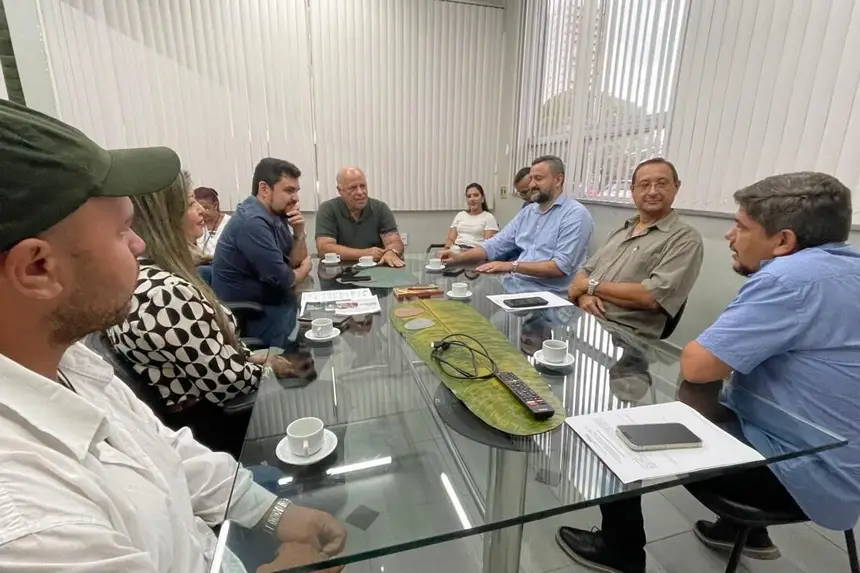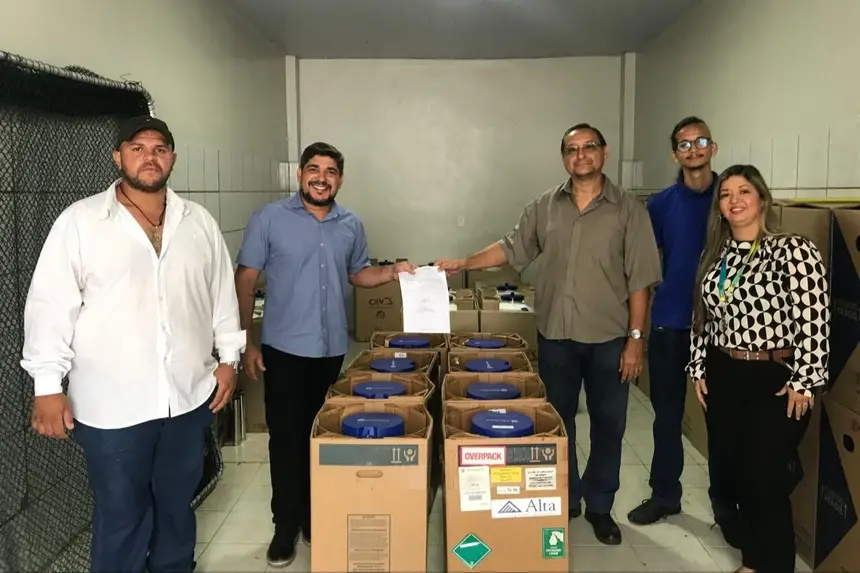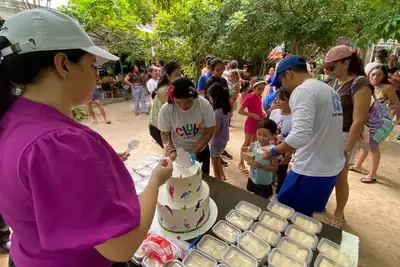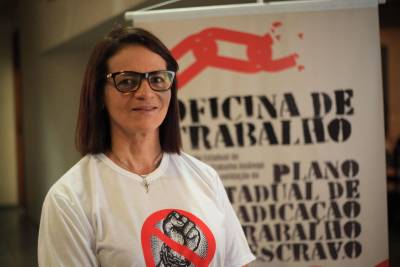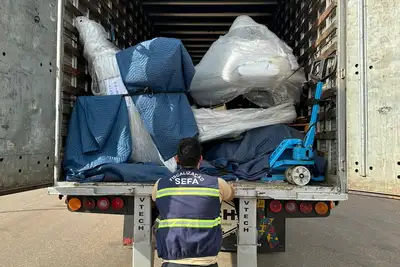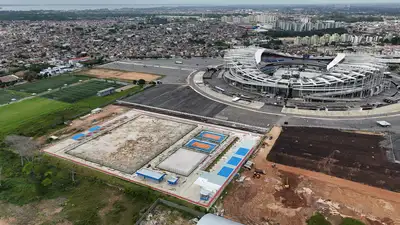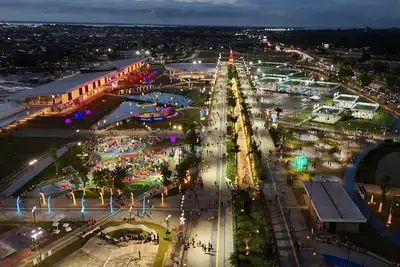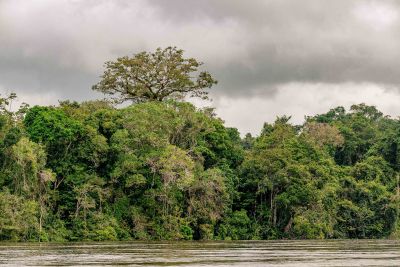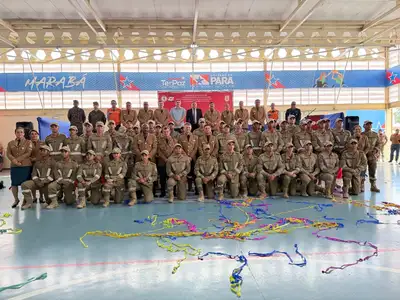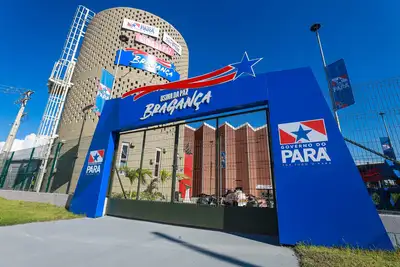Sedap transfers over 9,000 doses of genetic material to boost livestock development in Redenção
Municipalities from different integration regions of the State are benefiting from the partnership. The institution has already transferred nearly 31,000 doses of semen from bulls of the girolando, holstein, nelore, and angus breeds.
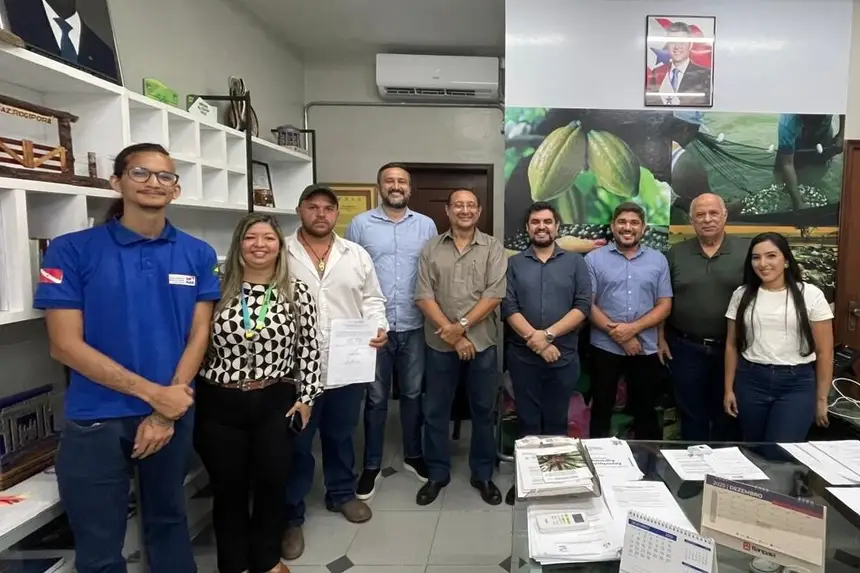
The State Government, through the Secretary of Agricultural Development and Fisheries (Sedap), has already transferred over 31,000 doses of high genetic value bull semen to municipalities from different integration regions of the State. On Wednesday (26), representatives from the municipality of Redenção, located in the Araguaia Integration Region, were at the headquarters of the secretary to receive 9,200 doses of genetic material.
This action is part of Sedap's Animal Genetic Improvement Program (Probovideos). Deputy Secretary Francisco Neto accompanied the delivery of the material and, along with the institution's team, met with representatives from the Redenção City Hall. The municipality, which already stands out in the agricultural sector, strengthens actions in dairy and beef cattle, as noted by the Sedap manager. "We are very happy with this transfer, as Governor Helder Barbalho's guidance is to stimulate these productive chains in the State; here is a stimulus to the livestock production chain in Pará. We know that the result of this is the improvement of beef cattle," said the deputy secretary.
The municipal secretary of Agriculture and Aquaculture of Redenção, Tarcísio Vieira, stated that the partnership between the State and municipalities yields good results for local development. "I want to thank, on behalf of the mayor, our secretary Giovanni Queiroz (head of Sedap), our deputy secretary, our governor Helder, and vice-governor Hana, because this type of partnership only generates good results," he emphasized.
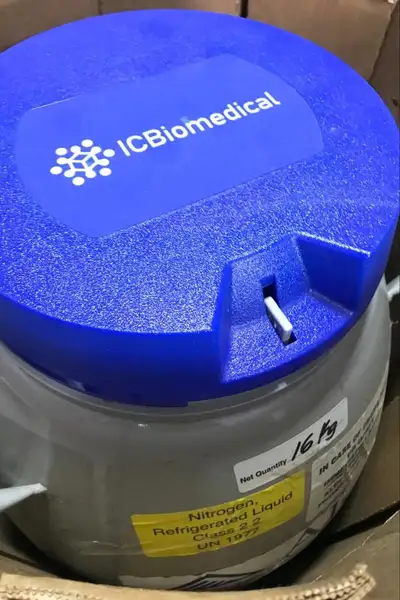
Quality - Genetic improvement positively impacts the development of dairy and beef cattle, providing a better quality product to the population, as noted by Sedap's veterinarian, Augusto Peralta, who is part of the Animal Production Coordination (Copan), the sector of the secretary responsible for the genetic improvement program.
"With genetic improvement, we can go from 0.9 animal units per hectare to 2.0 or 2.1 animals per hectare. This work developed by Sedap, with the transfer of semen, helps to balance this scale, in carbon sequestration, in better pasture utilization, and in better quality products on the tables of Pará residents," pointed out Peralta.
In addition to Redenção, the municipalities of Cumaru do Norte, Marabá, Pau D'Arco, Piçarra, São Félix do Xingu, and Tucumã have already received the genetic material. Through the 6th Regional located in Altamira, the municipalities of Uruará, Medicilândia, Brasil Novo, Altamira, Vitória do Xingu, Senador José Porfírio, Anapú, and Pacajá were served with the semen.
The 31,540 semen doses transferred by Sedap to the municipalities are from the girolando and holstein breeds - which have characteristics, as explained by Augusto Peralta, of greater lactation and weight gain and precocity - and from the nelore and angus breeds.
In addition to the deputy secretary and the Copan team, the meeting with the representatives of Redenção included the director of Agriculture of the secretary, Marcos Grande, veterinarian Anelise Ramos, the coordinator of Sedap's regional offices, Alan Pombo, and agronomist Ozias Aquino.
Through the website of Sedap, municipal governments can access all the necessary criteria to be served with the transfer of genetic material by Sedap.


